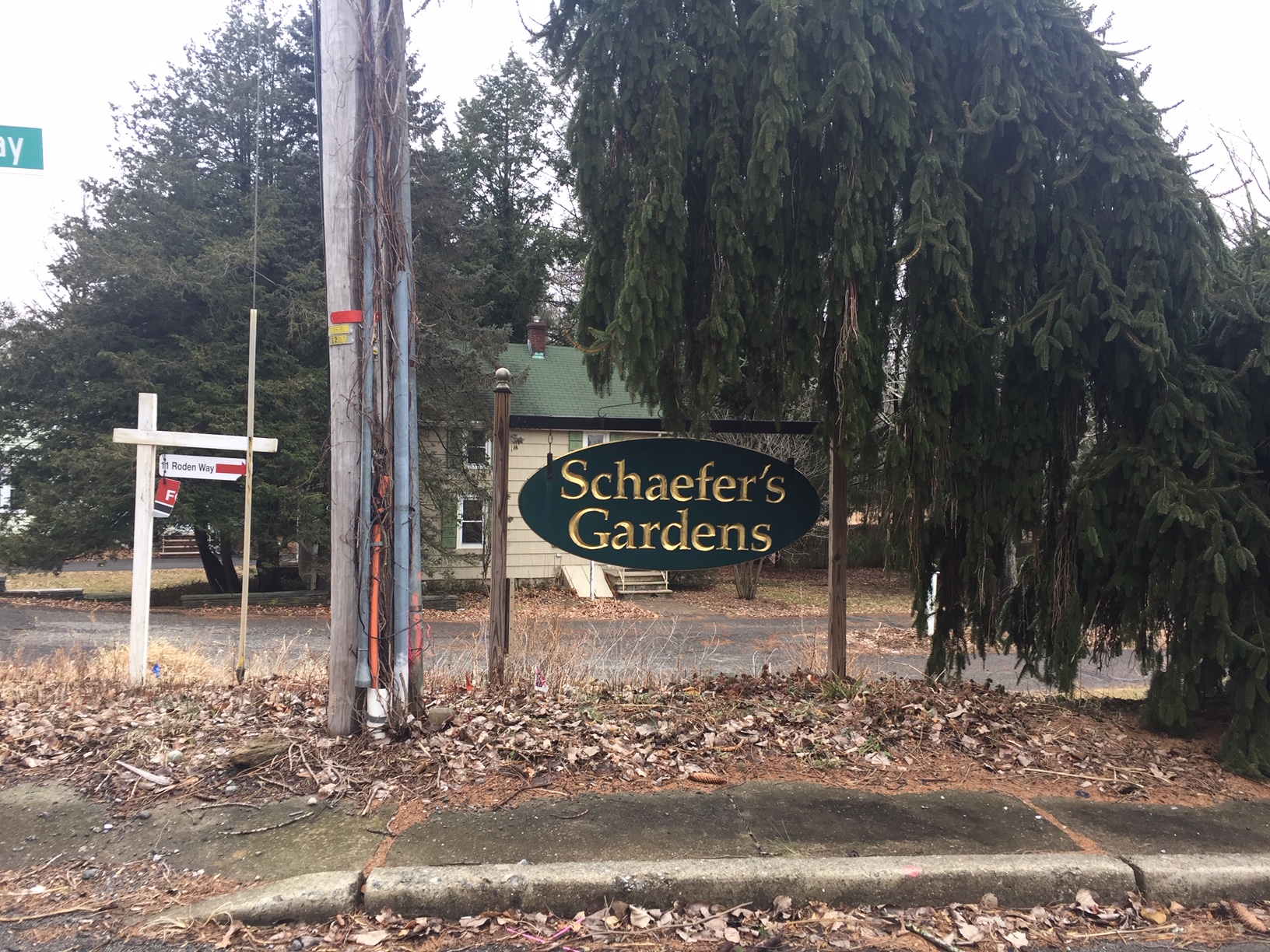
ENGLEWOOD CLIFFS, N.J.—A Superior Court judge approved a developer’s plans to build 600 residential units—including 120 affordable units—on a 20-acre former Unilever campus at 800 Sylvan Ave. following a recent decision to permit 347 affordable units in Englewood Cliffs.
Following the original decision to mandate 347 units of affordable housing in mid-January, Superior Court Judge Christine A. Farrington ruled on Normandy Real Estate Partners’ “builder’s remedy” lawsuit against the borough.
The judge had stripped the borough of immunity to such suits following her January decision to require 347 units of affordable housing.
The development was strongly opposed by borough officials, especially Mayor Mario Kranjac, who made opposition to such high-density development a key theme of his mayoral campaign.
Kranjac told Northern Valley Press that the borough would appeal Farrington’s mid-January ruling granting 347 units of affordable housing, as well as the recent order.
“With Ed Aversa being the only council member to abstain from voting to appeal, we will appeal all her decisions as soon as permitted to do so, and shed light on why hardworking New Jersey taxpayers are being taken advantage of by a system rigged against them in favor of politicians and developers who fund their political campaigns,” emailed Kranjac Feb. 18 to Northern Valley Press.
Farrington’s order approving the 600-unit development was not unexpected following her January ruling to require the borough to allow zoning for 347 affordable units, including the 100-plus units at 800 Sylvan Ave. and a 57-unit, 100 percent affordable complex on a 2-acre parcel now occupied by the borough complex, parking area and a Lions Club.
Since 2015, Englewood Cliffs has been in litigation over its affordable housing obligations with intervenors Fair Share Housing Center and Normandy Real Estate Partners.
In order to fulfill its affordable obligations on its own without the Normandy Real Estate proposal, the borough proposed constructing 57 affordable units in a 100 percent affordable complex on a 2-acre tract occupied by the borough building, parking area and Lions Club.
That proposal should satisfy the borough’s obligation, asserted the borough, making the Normandy Real Estate Partners’ high-density proposal unneeded, said borough officials.
Judge Farrington disagreed, citing the borough’s nearly four decades of permitted development, which occurred without one single unit of affordable housing being built.
In her Jan. 17 ruling, Farrington gave the borough 90 days to change its zoning to allow for 347 units of affordable housing.
“Englewood Cliffs is required to build hundreds of new homes affordable to working families and people with disabilities—after violating the state’s fair housing laws for decades,” said Anthony Campisi, a spokesman for Fair Share Housing Center, an intervenor in Mount Laurel litigation statewide.
‘Stripped of all zoning powers’
“The decision by Farrington requires borough officials to provide a plan within 90 days to build 347 homes to satisfy the town’s fair housing obligations under the Mount Laurel doctrine or be stripped of all zoning powers,” Campisi said.
Campisi said that Farrington’s January ruling found that the town “had failed to ever build a single affordable home while attempting to use the state’s fair housing laws as a shield to continue practices designed to exclude low-income families.”
“In the meantime, the town approved substantial other development, such as the new headquarters for LG [1000 Sylvan Ave.],” said Campisi.
“Judge Farrington thus found Englewood Cliffs had demonstrated it was a ‘recalcitrant municipality with a clear pattern of exclusionary behavior,’” Campisi told Northern Valley Press.
Legal fees requested
Campisi said Fair Share Housing also filed a counterclaim to recover its legal fees expended during the trial, something the advocacy group has done in other contentious cases.
Farrington’s order approving the Normandy Partners’ proposal notes the plan must follow sound planning criteria and not have any “environmental or other constraints.”
It requires the borough to provide adequate capacity for all utilities and sewers at sites required for affordable housing.
Over the last year, and especially at a raucous July public meeting, vocal residents called for borough officials to oppose any settlement with Normandy Real Estate or Fair Share Housing Center that would create the opportunity for high-density affordable units.
‘Consistently opposed’
Farrington’s Jan. 17 ruling noted that the borough “consistently opposed…the resolution of litigation” over four-plus years of negotiations and throughout the trial continued to claim that it did not know what its affordable housing obligation is under New Jersey law.”
Kevin Walsh, Fair Share’s executive director, said over 300 towns statewide have settled affordable housing obligations and Englewood Cliffs was an exception.
He said Farrington’s decision holds the borough accountable after decades of violating affordable housing law.
‘Deepening inequality’
“Judge Farrington appointed an attorney to oversee Englewood Cliffs’ implementation of her order, which includes adopting new zoning for the borough that will allow it to meet its obligation,” said Walsh.
“The ruling comes after Judge Farrington stripped the borough of protection from affordable housing suits brought by builders—a testament, she said, to its continued refusal to act in good faith and to deepening inequality in the town,” Walsh added.
In response, Kranjac emailed Northern Valley Press to question Walsh’s motives and recent advancement in Gov. Phil Murphy’s administration.
“We will advance claims against [Fair Share] to expose them as a tool of the Democratic Party and the construction industry. It should not be lost on your readers that the Chief Executive officer of Fair Share Housing, Kevin Walsh, last week left (Fair Share) to work for his large donor, Governor Murphy, as New Jersey Comptroller, thereby ensuring that the interests and values of hardworking NJ taxpayers will now be disregarded even more,” wrote Kranjac.
Under the state’s 1985 Fair Housing Act, all municipalities are required to create the opportunity to provide their “fair share” of affordable housing.
Initially, the Council on Affordable Housing (COAH) was created in 1985 under the Fair Housing law to help calculate “fair share” housing obligations for municipalities.
No more COAH
Through 1999, COAH conducted two rounds of calculating local affordable housing obligations. From 1999 through 2015, COAH was largely ineffective in setting affordable housing obligations as legal challenges and political inertia caused COAH to become dysfunctional.
The state Supreme Court declared COAH defunct in 2015 and handed affordable housing obligations to Superior Courts to be negotiated and settled.
Most municipalities were advised then to file “declaratory judgments” in 2015 to begin the legal process of negotiating local affordable housing obligations. The current “third round” of affordable obligations includes the “gap period” between 1999 and 2015 and 2015-2025.
The “fourth round” of affordable housing obligations begins again in 2025, unless some change occurs beforehand.



